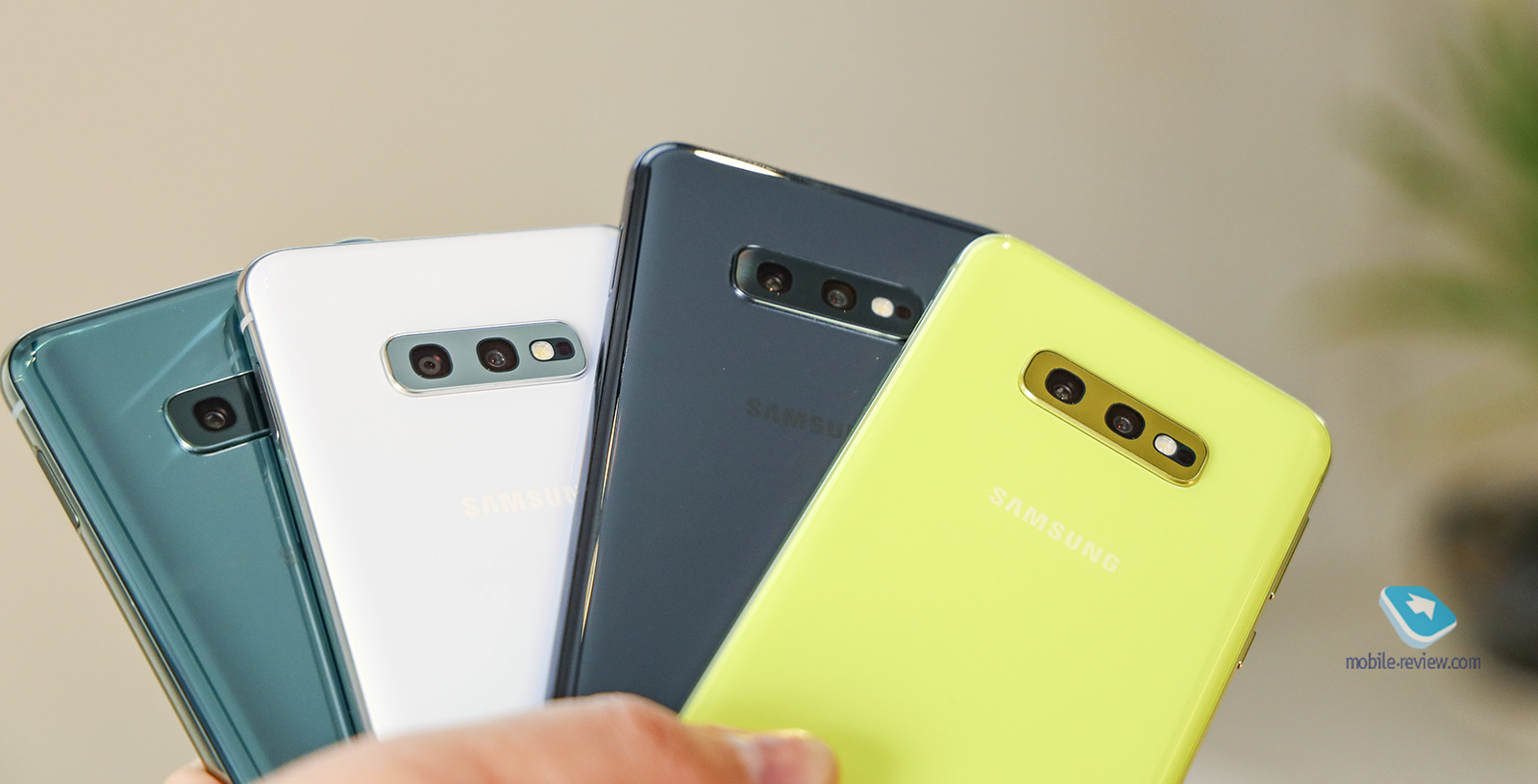Working for a long time in any area, you gradually get used to a certain passage of time, and some things that are characteristic only of this area, you begin to consider the norm for everything else.
Let's take the same smartphones. I'm used to the fact that before buying a smartphone, I decide on its price, brand and functions that are important to me in the device. I know what to look for and by what parameters to sort the results in Yandex.Market in order to find the same diamond among the manure. I understand that certified smartphones differ from 'gray' ones, in which cases it is worth overpaying, and in which you can save money. This is the norm for me, and I am happy to share my experience with friends and acquaintances when they turn to me for advice.

I look with some disdain at advertisements on TV and large advertising posters of smartphone brands, a dumb question hangs in my head: 'Why are you doing this, because I already know which is better, and these advertising persuasions will not help to convince me'.
And here I need some kind of electronics from a neighboring industry, for example, a TV or a washing machine. And almost all of my smartphone experience becomes useless. I don't know how to sort TVs by what parameters, how to understand whether this screen is good or not, because my experience suggests that five models with the same display description will show completely differently. At the same time, the purchase is expensive and for a long time, so I want to approach it as responsibly as possible.

And I start looking for reviews and comparisons on the topic I need. And I come across the fact that without a certain background of reading a particular site, you are unlikely to understand all these numbers and functions. And even those advantages and disadvantages that the author can describe will not tell you about anything.
I suspect that at the beginning of development, Eldar Murtazin also understood this, so for several years now we have been writing a conclusion in reviews so that even an inexperienced reader can understand the strengths and weaknesses of the device, as well as the closest competitors. But this is not done in all reviews and not on any topic. Therefore, after the sites, the next step comes – seeking advice from people you trust.
It's pretty funny to watch yourself from the sidelines. Here you are asking for advice from a person who bought himself a TV a month ago, but you know that you are colleagues with him in the smartphone industry and he understands TVs either the same way or not much better than you. Therefore, you do not trust his experience, but his impressions of the purchase of equipment. You know that this person has no purpose to deceive you or advertise his purchase, he honestly tells you about the pros and cons of a conventional TV, and you can trust his sincerity.
This is a cool approach, so I chose a TV for myself and am still grateful to my friend Egor for telling me about his successful purchase. By the way, for the same reason, we sometimes publish 'non-format' materials on related topics. We enable the reader, who is mostly interested only in IT-related topics, to learn something new, to get some kind of recommendation without long searches. For me, such a recommendation was the Bellroy wallets, which Artem Lutfullin advised.

However, there are situations when acquaintances cannot help with anything, and then you have to choose yourself. Plus, not everyone knows how to use Yandex.Market or masterfully own the Internet. In these situations, direct advertising helps. A person sees the device, a description of its strengths, finds out the price, perhaps tries it live in some store and buys it.
“But how can it be,” our regular reader will be indignant. “He can buy something not the best for his money.” This is true, but such a buyer almost never learns the sad truth, and here the saying is true: “the less you know, you sleep better”. He will buy the product, use it and just be happy. He won't be bothered by comparisons, competitors and everything else. At first, this approach also seemed outrageously wrong.
But then I remembered that I myself regularly fall for advertisements, it could be some kind of novelty in a supermarket, a new dish in my favorite restaurant, or just something good at a discount. Or I come to the store, see a selection of 40 types of sausages and then I remember that I heard something about these. At the same time, if they are not tasty, I simply will not buy them anymore. I understand that advertising has a rather simple goal – to sell us the product we need, but it is important to understand that thanks to it, we basically learn about it and can buy ourselves something useful.
Have you ever had a situation where you bought something only on the basis of advertising and in the end were satisfied? Tell us about them in the comments, we will discuss them together.
Related links
 Weekend article: Bellroy wallets (Australia) 5
Weekend article: Bellroy wallets (Australia) 5  Two weeks from LG OLED 55B8PLA
Two weeks from LG OLED 55B8PLA  iMac 5k for 150k!
iMac 5k for 150k!
